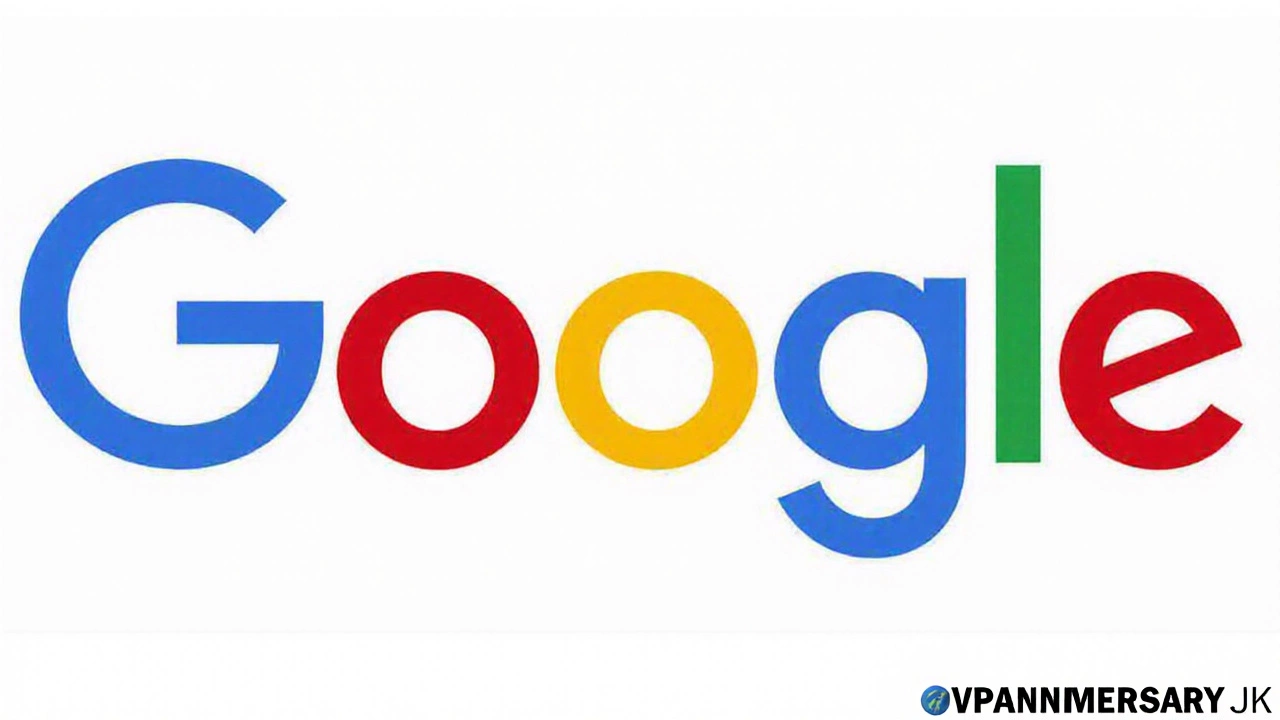When you type a query into Google, you rarely pause to think about the two grad students who first juggled clunky computers in a Stanford dorm room. Their project, originally called BackRub, sparked a revolution that would rewrite how we find information online. Today, the company stands as a $1.5 trillion behemoth, but the path from a university basement to a global search giant is anything but linear.
The Birth of BackRub
It all began in 1995 when Larry Page, a Michigan native with a computer‑engineering pedigree, walked onto the Stanford campus to meet his future collaborator, Sergey Brin. Brin, a Russian‑born mathematics prodigy who arrived in the United States at age six, was already deep into a master's program. Their first encounter was marked by friendly debate – they disagreed on nearly everything – yet the friction forced them to explore each other's ideas more fiercely.
Page’s doctoral dissertation centered on the web’s link structure. He wondered how the web, a sprawling network of “citations,” could be quantified. The working title, BackRub, reflected this obsession: a system that would “rub” the backs of pages by counting the backlinks that pointed to them. Brin, intrigued by the scale and complexity of the problem, joined the effort, turning a solo academic exercise into a collaborative venture.
Together they forged the concept that a link is essentially a citation, a notion that underpinned their breakthrough algorithm, later named PageRank. By assigning higher value to pages that received many inbound links, they created a method to gauge relevance in a way that existing search tools ignored. Their research culminated in a 1998 paper titled "The Anatomy of a Large‑Scale Hypertextual Web Search Engine," which quickly became one of the most downloaded scientific documents of its time.
In the summer of 1998, the duo took a bold step: they renamed their engine “Google,” a playful twist on the mathematical term “googol,” symbolizing the ambition to catalogue an unfathomable amount of information. Their prototype was ready, but they needed capital to move beyond Stanford’s limited infrastructure.

From Garage to Alphabet
The turning point arrived when Sun co‑founder Andy Bechtolsheim wrote a check for $100,000 to the — at that moment — unincorporated Google. The windfall allowed Page and Brin to rent a modest office in Menlo Park, California, and shortly thereafter move into a garage owned by Susan Wojcicki, who would later become YouTube’s CEO. The garage was a microcosm of Silicon Valley mythos: bright blue carpet, a ping‑pong table, and a handful of servers humming away as the search engine indexed the web.
Early growth was rapid. By 2000, Google secured a contract with Yahoo to power its search results, and the following year it launched AdWords, a self‑service advertising platform that would become its primary revenue engine. The company’s culture—marked by quirky perks, open office layouts, and a relentless focus on data—set a template that tech startups still emulate.
In 2001, recognizing the need for seasoned leadership, Page and Brin hired Eric Schmidt as CEO while they assumed the titles of co‑presidents. Schmidt’s corporate experience helped steer Google through its first public offering in 2004, a $23 billion IPO that cemented its status as a Wall Street heavyweight.
The next milestone came in 2015, when Page announced the creation of Alphabet Inc., a holding company designed to separate Google’s core search and advertising business from its experimental ventures—ranging from self‑driving cars to life‑science research. Both founders transitioned to leadership roles within Alphabet, with Page as CEO and Brin heading up X, the moonshot factory.
Even after stepping back from daily operations in December 2019, the duo remained board members and controlling shareholders. Their influence resurfaced in late 2023 when Brin emerged from a brief retirement to oversee AI research at Alphabet, underscoring a lifelong commitment to pushing technological boundaries.
Today, Larry Page and Sergey Brin are centibillionaires, each holding a net worth that places them among the planet’s wealthiest individuals. Their accolades include the 2004 Marconi Prize for inventing PageRank, and their legacy is enshrined not only in Google’s dominance but also in the broader ecosystem of internet infrastructure, cloud computing, and artificial intelligence.
Key milestones in the Google history include:
- 1998 – $100,000 seed investment from Andy Bechtolsheim.
- 2000 – Launch of AdWords, revolutionizing online advertising.
- 2004 – Initial public offering, raising $1.67 billion.
- 2008 – Introduction of Android, expanding Google’s reach to mobile.
- 2015 – Formation of Alphabet, separating core services from moonshot projects.
- 2023 – Sergey Brin returns to lead AI initiatives.
The story of Google is still being written. As AI tools like Bard and Gemini roll out, the company’s original mission—to organize the world’s information and make it universally accessible—remains as ambitious as ever. And it all traces back to a pair of unlikely collaborators who, despite early disagreements, found common ground in the humble act of counting links.
